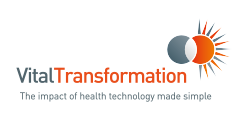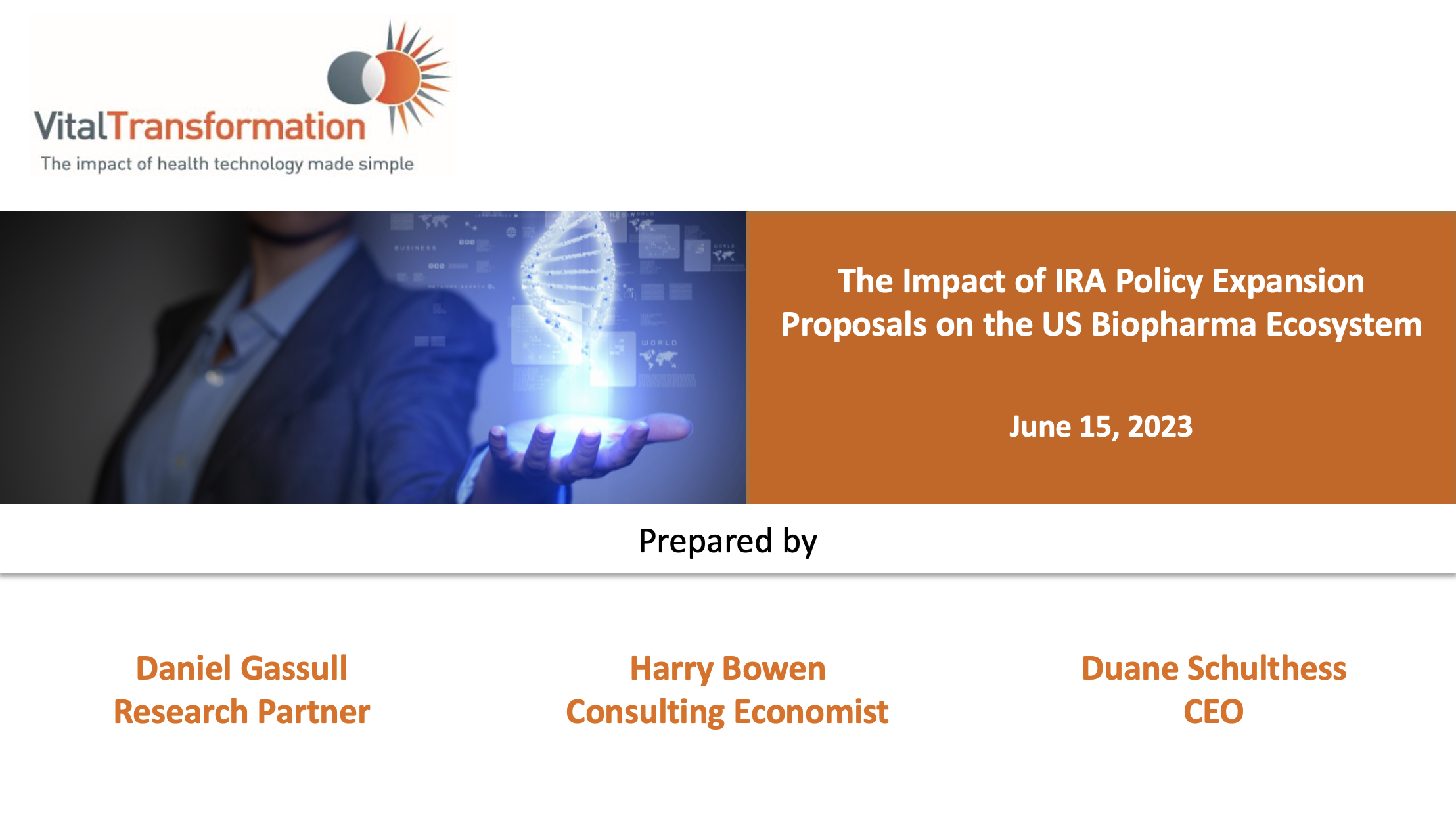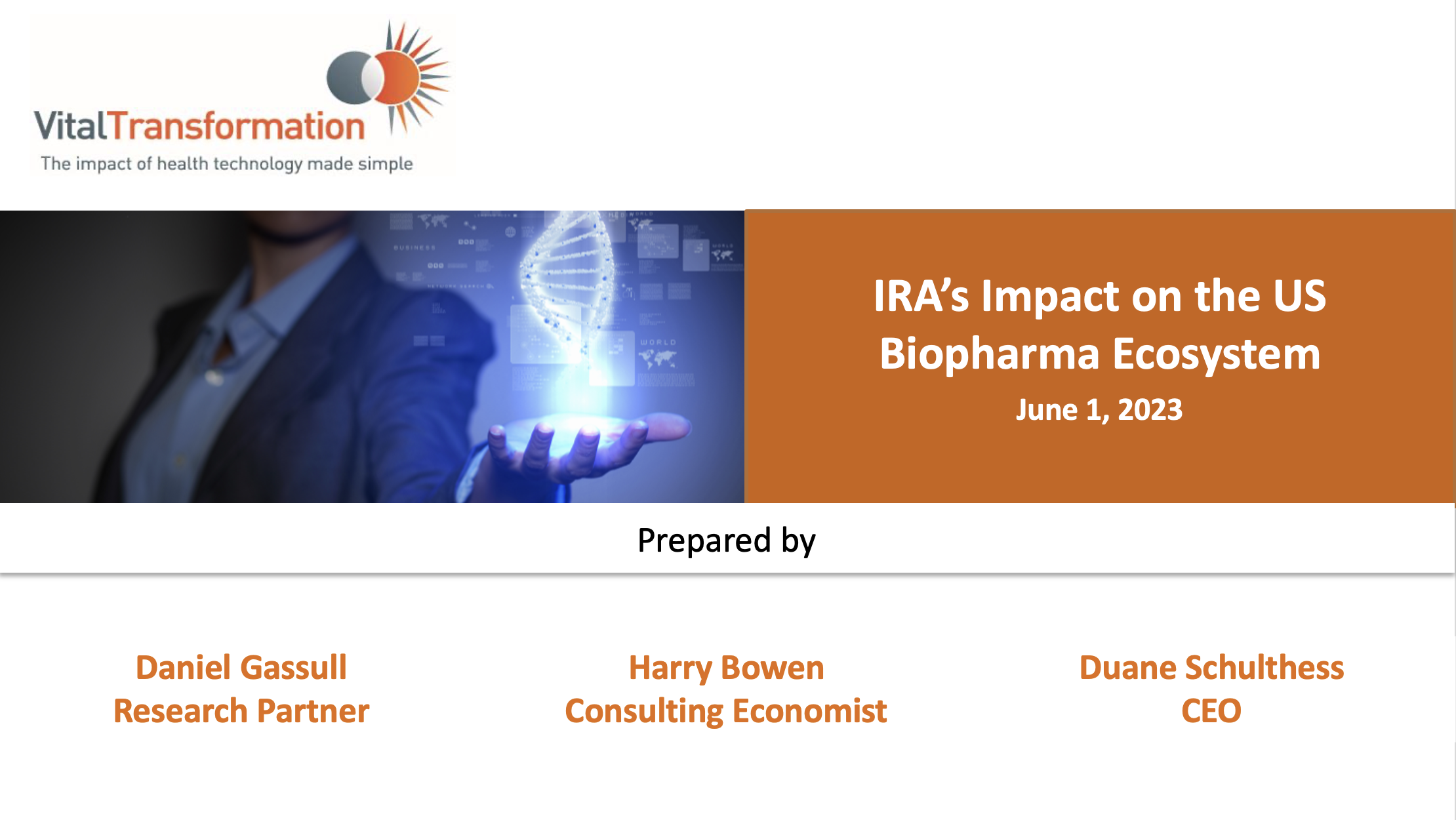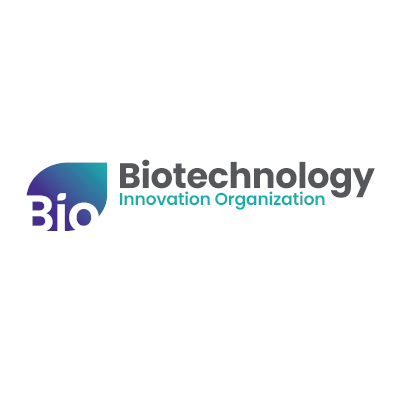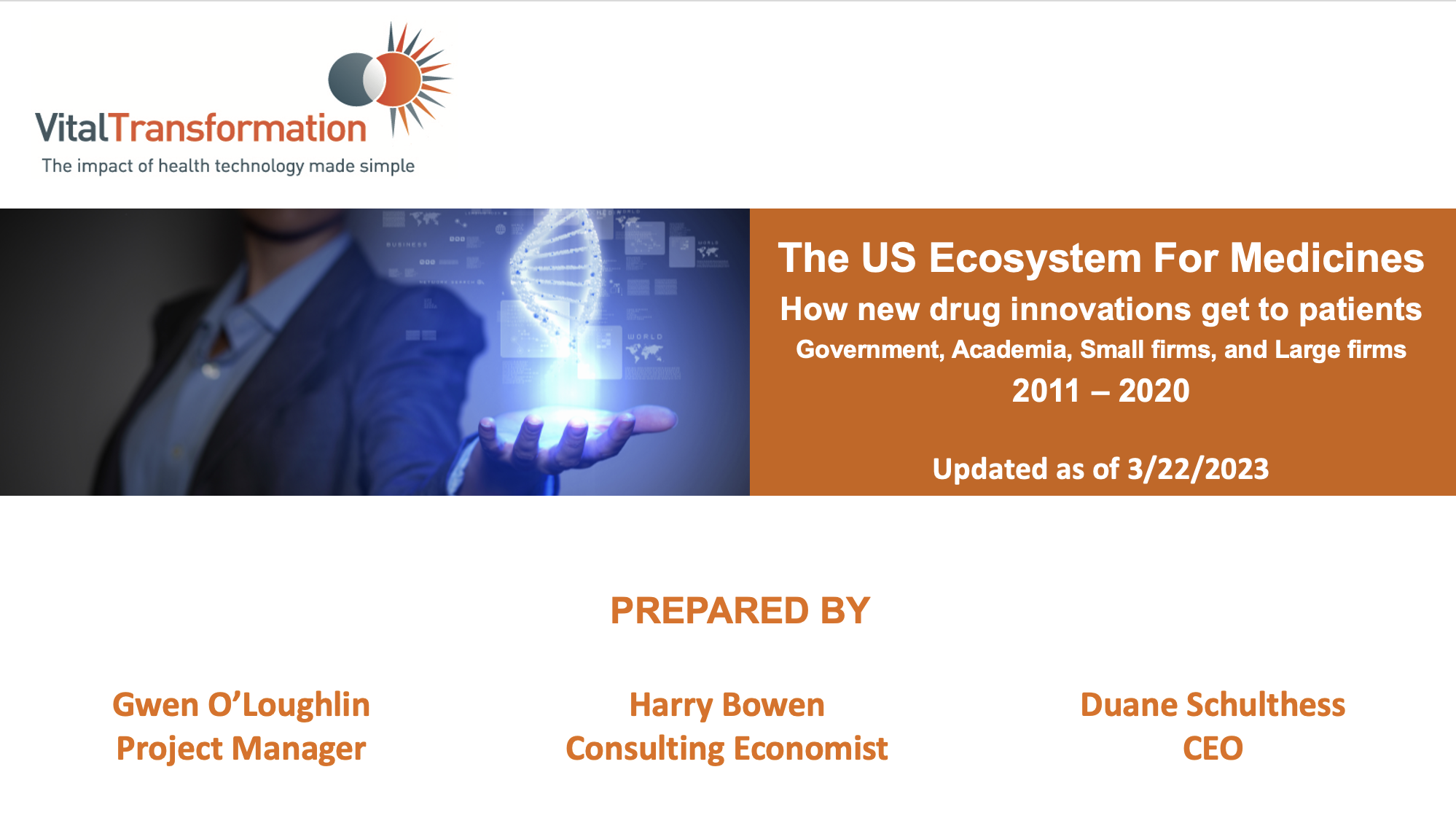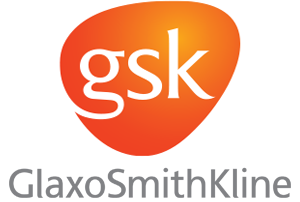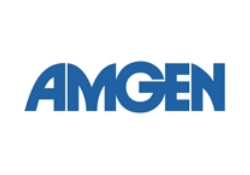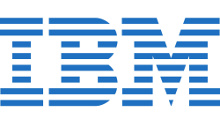Vital Transformation understands the implications of new medical procedures, technologies and policies. We measure their impact on current clinical practices in close collaboration with health care professionals, researchers, and regulators. Through our web platform and client network, we are able to communicate our findings with international decision makers and stakeholders. Vital Transformation has presented or participated in conferences sponsored by The Royal College of Physicians, European Health Forum Gastein, The European Commission, London Genetics, The European Science Foundation, The European Microelectronics Summit, and others. Our Vital Transformation branded round-tables, webinars, and conferences are often oversubscribed, and are regularly presented in partnership with global thought-leaders and organisations.
OUR RESEARCH
The Impact of IRA Policy Expansion Proposals on the US Biopharma Ecosystem
Vital Transformation (VT) modeled the impacts of the drug pricing provisions of President Biden’s 2024 Budget, now proposed by Senators Klobuchar and Welch as the “Smart Prices Act (SPA)”, which would impose government price setting for selected Medicare drugs at only 5 years after initial FDA approval.
We modeled the impacts on industry revenues and future R&D investments and estimated future lost innovation impacts including the impact on industry jobs.
We estimate a loss of between 146,000 – 223,000 direct biopharmaceutical industry jobs and a total of 730,000 – 1,100,000 U.S. jobs across the economy if the proposed IRA expansion were to be implemented.
Looking forward, we estimate that the expanded government price setting could result in roughly 230 fewer FDA approvals of new medicines over a ten-year period, once the impacts are fully reflected in the pipeline.
-> Impacts will be felt most heavily in many areas of unmet need, including in rare disease, oncology, neurology, and infectious disease.
->The most significant ecosystem impacts would be concentrated primarily in CA, MA, and NY.
Had the drug pricing provisions of the SPA been in place prior to the development of today’s top-selling medicines, we estimate that 82 of the 121 therapies we identified as selected for price setting would likely have not been developed.
IRA’s Impact on the US Biopharma Ecosystem
Vital Transformation (VT) modeled and estimated the impacts of the Inflation Reduction Act’s (IRA) pricing provisions for a cohort of the top 200 Part B and D drugs by CMS spend, resulting in 92 drugs impacted by IRA in the next 10 years, which are produced, collectively, by 41 biopharmaceutical companies.
Had the IRA been in place beginning in 2014, we estimate the reductions in revenue on the impacted drugs to be up to 40%. Because of this, between 24 and 49 therapies currently available today would most likely not have come to market and therefore not available for patients and their providers.
Looking forward, we estimate that because of the IRA pricing provisions, the substantial reduction in revenue will significantly narrow investment opportunities. Conservatively, as many as 139 drugs over the next 10 years are at risk of not being developed at all.
Both biologics and small molecule drugs are impacted, with an average reduction in revenue per therapy of $4.9 billion and $4 billion respectively.
IRA provides a negotiation exemption for orphan drugs that treat only one rare disease. This disincentivizes investments in orphan drugs and areas of high unmet patient need as the broader indications will provide a superior return on investment, as much as $500 million over three years.
Based on two impact scenarios, we estimate a loss of between 66,800 - 135,900 direct and 342,000 - 676,000 indirect jobs in the U.S. biopharma ecosystem.
BIO 2023: A Price Control Odyssey : The Inflation Reduction Act’s Effects on the Innovation Ecosystem
The Inflation Reduction Act (IRA) contains some of the most significant changes to prescription drug pricing, reimbursement, and access since the Affordable Care Act was enacted over a decade ago. A new study by Vital Transformation, a health care economics consultancy, looks at the economic impacts on the innovation ecosystem and access to new therapies, with a particular focus on drug discovery and rare disease. As the federal government implements the price control provisions of the IRA, biotech hubs like Boston, Massachusetts- home to a significant number of established and emerging biotech companies- will bear the brunt of those impacts as they manage R&D pipelines.
Panelists, amongst whom Duane Schulthess, CEO of Vital Transformation, will discuss the studies findings, and look at the chilling effects on venture funding, orphan drug impacts, and reduced treatments reaching patients.
Wednesday, June 7, 2023, 1:45 PM - 2:45 PM (EDT) - Session Room 254B (click Read More for the session link)
And if you can't attend the session but are keen to discuss this topic, come and visit the Vital Transformation booth at the BIO Exhibition, we're in booth 1180!
The US Ecosystem for Medicines. How new drug innovations get to patients.
The dominance of American biopharma in global innovation has increased since Kneller’s publication in 2010; the USA is responsible for 95% of the increase of 111 total FDA approvals since 2010.
The diversified external R&D ecosystem, emerged since 2008, has led to an increase of more than 160% in the value of external R&D partnership in Europe and the US.
The value of Europe’s partnership deals has have remained stable since 2011, whereas the median value of partnership agreements in the US has trebled.
120 of 363 total FDA approvals between 2011 and 2020 were developed by US based small companies with less than $500 mil in revenue.
The NIH’s CRADA and Intermural grants were directly responsible for the creation of 4 of the 363 new drugs in our cohort; US academic institutions created 10% of all indigenously originated IP.
While most drugs are created by small biotech companies in the cohort, large companies step in after FDA approval with development, marketing, and scale; this appears to increase the efficiency of the Biotechnology ecosystem.
The majority of biologics undergo priority review and target orphan indications at the time of FDA approval between 2011-2020.
The NIH’s role in drug discovery, while vital, is not directly responsible for the development of new therapies.
PODCASTS
NEWSLETTER
Register now to receive all the latest updates from Vital Transformation including our research, podcasts and more…
Our clients include many of the world’s leading health care organisations.
